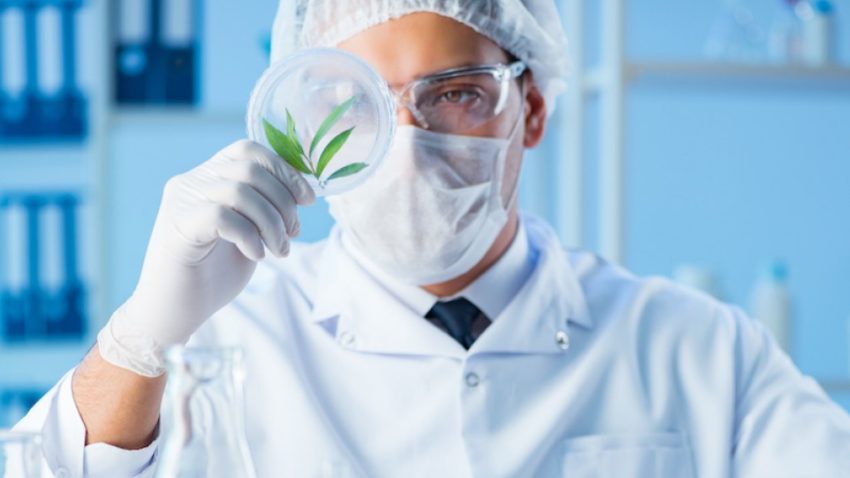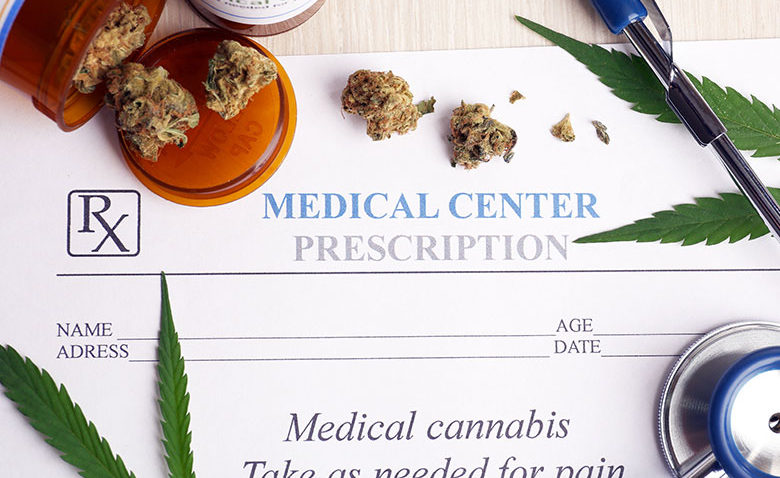Marijuana has been considered an illegal substance for almost a century now.
Recent research reports a majority of Americans support legalizing marijuana for medical or recreational use. As such, many states have legalized marijuana for either medical and recreational purposes, or both. Still, some researchers and lawmakers want to see more scientific evidence supporting specific benefits of marijuana. Aside from more research, there are concerns that marijuana’s potential risks could outweigh its benefits in some cases.
What Are The Benefits of Medical Marijuana
Just as synthetic drugs can help some conditions and not others, marijuana isn’t a one-size-fits-all line of treatment. It’s thought that marijuana’s benefits come from some of its compounds called cannabinoids, such as cannabidiol (CBD). CBD is one of the most widely studied cannabinoids in marijuana. CBD is also found in another related plant called hemp. One major difference between CBD and marijuana is that the former only contains a trace amount of the cannabinoid tetrahydrocannabinol (THC) says a group of certified All Natural MD marijuana doctors. This compound is best known for its hallucinogenic effects on the brain. CBC, another cannabinoid, may be used to reducing pain and inflammation says a group of Tampa marijuana doctors. It may also help in controlling epileptic seizures and treating mental illness and addictions, according to the National Institute on Drug Abuse.
Side Effects From Medical Marijuana
Marijuana does have side effects. THC binds to cannabinoid receptors, which are concentrated in areas of the brain associated with thinking, memory, pleasure, coordination and time perception. The effects of marijuana can interfere with attention, judgment and balance. Studies have produced conflicting results on whether smoking marijuana carries a significant cancer risk says a group of Orlando marijuana doctors. Medical marijuana “prescriptions” are termed “recommendations” or “referrals” because of federal laws prohibiting the prescribing of cannabis A 2016 study on 108 people by the University of Michigan Health System found that marijuana use may also make other addictions worse.
In a placebo-controlled, 2007 study they found that marijuana is effective at reducing neuropathic pain, or pain caused by damaged nerves, in HIV patients says a group of Lakeland marijuana doctors. Opiates, such as morphine, aren’t effective at treating that sort of pain. Researchers at the American Academy of Neurology have also found that medical marijuana in the form of pills or oral sprays seemed to reduce stiffness and muscle spasms in multiple sclerosis (MS). The medications also eased certain symptoms of MS, such as pain related to spasms, and painful burning and numbness, as well as overactive bladder, according to a number of studies.
What Are The Risks of Using Medical Marijuana
The indications for cannabinoids for which the data are clearest include treatment for neuropathic pain, loss of appetite, and muscle spasms, especially in the setting of multiple sclerosis. That doesn’t mean cannabinoids don’t work for other symptoms, but these are the indications that have the greatest evidence for effectiveness so far says a group of Sarasota marijuana doctors. In terms of the risks, there are many proposed or claimed risks in the use of marijuana, some of which have been discussed and proven to be true or debunked or are still being investigated.
Some of the risks we know to be true include impaired driving ability and drowsiness, which is on the same level as alcohol and other recreational drugs. Other risks include addiction, psychotic episodes, and cannabinoid hyperemesis syndrome, which consist of nausea and vomiting that resolves when marijuana use is discontinued. Some people have problems with increased heart rate, decreased blood pressure, dizziness or lightheadedness, and fainting.
Contact All Natural MD marijuana doctors to schedule your next appointment or to learn more about our many locations in Florida. (800) 250-6737.


